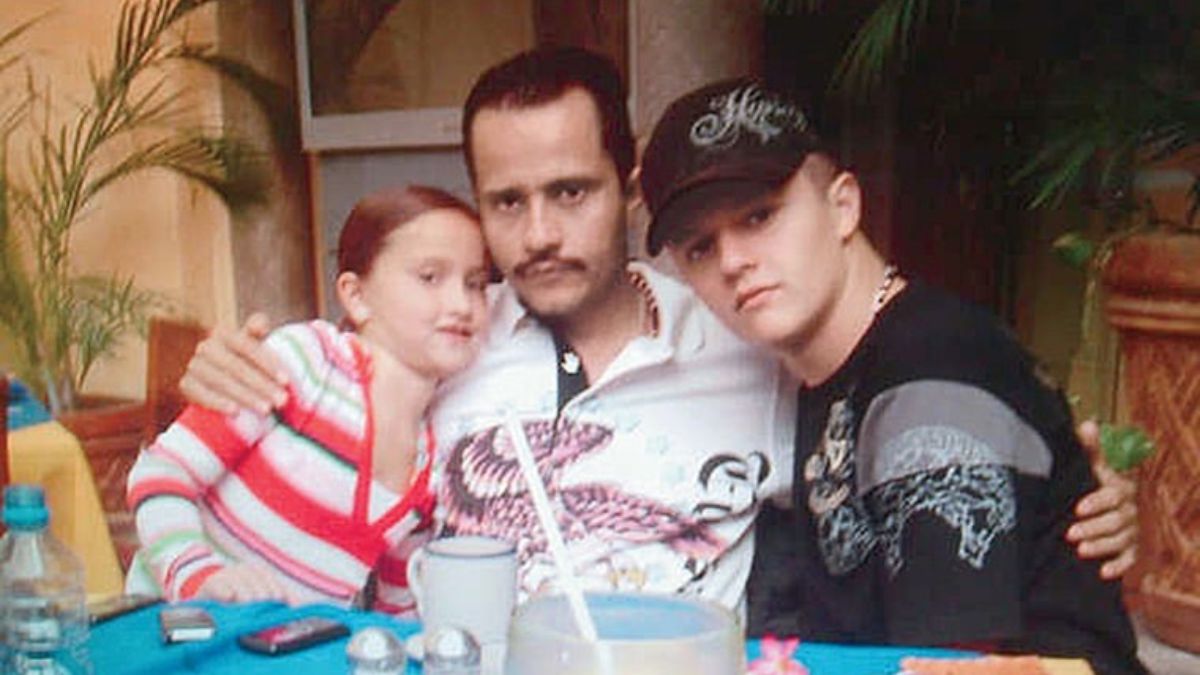In the year 2000, Kelly Ellard was one of two Canadian teenagers convicted of murdering 14-year-old Reena Virk. In 1997, Virk had been attacked for allegedly spreading rumors about another teenager, Nicole Cook. When Virk escaped, Ellard and a boy named Warren Glowatski chased Virk, beat her, and then drowned her.
Virk’s murder was chronicled in the 2005 memoir Under the Bridge by Rebecca Godfrey, who in 1997 was also a teenager in Victoria, Canada, where Virk died. Godfrey’s book has now been adapted into a fictionalized Hulu series of the same name, with actress Izzy G. playing the Ellard-based character.
Here’s a closer look at Ellard’s sentence for Virk’s killing, and an update on when she might get out of prison.
Kelly Ellard went through three trials
Kelly Ellard, who was 15 years old in 1997, and Warren Glowatski, who was 16, were charged with second-degree murder for Reena Virk’s death. Virk’s body was recovered eight days after she drowned. Virk was so badly injured it was as if she had been a car crash victim, the coroner said. Six other teens, who were minors at the time, and identified in the press as the “Shoreline Six” because of their age, were convicted of assault in juvenile court.
Ellard, meanwhile, was tried as an adult for her role in Virk’s murder, and in 2000, she and Glowatski were sentenced to life in prison, with no chance for parole for seven years. Three years later, the Canadian Court of Appeals overturned Ellard’s conviction, citing improper jury instructions, according to the CBC. Ellard was put on trial again one year later, but that trial ended in a hung jury, and a mistrial was delcared. In 2005, Ellard was tried for a third and final time.
When Ellard’s third trial concluded, she was again sentenced to life in prison, but that, too, was overturned by the B.C. Court of Appeals. In 2009, The Supreme Court of Canada reinstated Ellard’s second-degree murder conviction. Early on, Ellard downplayed her role in Virk’s murder, and had “a moderate to high-moderate risk of future violence over the longer term,” according to a 2016 psychological assessment, performed while Ellard was incarcerated.
Kelly Ellard was granted “day parole” in 2017
In 2019, however, Kelly Ellard — who by that time had changed her name to Kerry Sim — was granted day parole and overnight leave. In the Canadian legal system, day parole allows prisoners to work and have time to themselves during the day under certain conditions. Prisoners must, however, return to the prison at night, or in Sim’s case, to a halfway house, according to the CBC. Sim became pregnant and gave birth while in prison, and overnight leave was also granted to help her “further reintegrate into the community.”
As of 2024, Sim’s day parole and overnight leave privileges were extended in six-month increments, as they had been since they were initially granted five years earlier. According to the Canadian parole board, “[Sims] demonstrated some remorse and victim empathy after a discussion about an upcoming television series based on your crimes. You said the series is disrespectful to the victim and her family, and that the index offence was so horrendous that it would re-victimize the victim’s family [sic].” At that time, Sims, then 41, lived at a halfway house in an undisclosed location, according to the CBC.











Published: May 30, 2024 05:27 pm